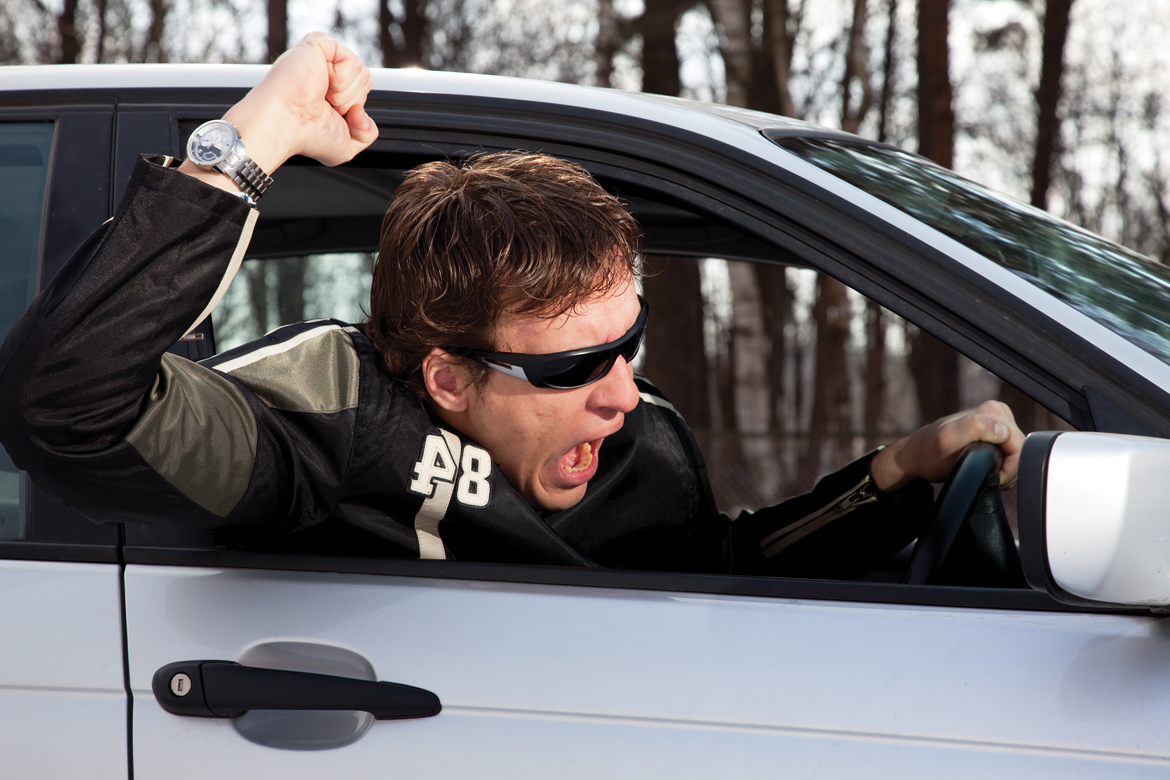Insurance
How young drivers can stay safe on the roads

According to Brake, one in five new drivers crash within 12 months of passing their test.
Statistics from the charity also show that 1,500 new drivers are killed or seriously injured every year on UK roads.
Brake has found that newly qualified drivers with a car full of passengers of similar age are four times more likely to be in a fatal crash, compared with when driving alone. Research shows that peer pressure can encourage bad and risky driving. However, young drivers are less likely to crash when carrying older adult passengers.
Campaign groups have repeatedly called for Graduated Driver Licensing (GDL) to be introduced. These would place restrictions on new drivers such as curfews at night, or limits on the age of passengers being carried for 12 months after passing a test.
Under the New Drivers Act, a driver’s licence might be revoked if they get six penalty points within two years of passing their test. If this happens, the driver will need to retake and pass both their theory and practical driving tests again.
Having points on your licence will also impact how much you pay for your car insurance, which for new drivers is normally already quite high.
Alex Kindred, car insurance expert at Confused.com, said: “When drivers carry others, particularly ones of a similar age, peer pressure received by passengers can encourage bad driving and showing off.
“Speeding is another factor younger drivers do not take seriously. Many young drivers will feel frustration from lower speed limits on roads and exceed them. Driving at night is also a factor here, as quieter roads will encourage faster driving and use of mobile phones behind the wheel.
“One of the most worrying factors for young drivers is drink and drug driving. Data received from UK police forces revealed that an average of 1,000 under-age children had been caught and charged with drink-driving offences each year since 2008.”
How young drivers can stay safe
Consider taking a Pass Plus course
A Pass Plus course helps hone your skills in specific circumstances, such as night driving and driving on the motorway. The aim is to make you a safer driver that can adapt to adverse conditions and unfamiliar road types.
The course is practical training that takes at least six hours and is for drivers to improve their skills and drive more safely. It can be taken at any time, although it should be most useful to new drivers in the year after passing their test.
Don’t let passengers distract you
When you’re driving, you’re responsible for the safety of any passenger in your vehicle, so ensure you warn them that you need to concentrate. If you have an accident due to being distracted, you can’t pass the blame onto your passengers.
This includes things such as them telling you to look at something as you are driving, or messing around with the car music system.
Don’t speed
Whilst it may seem like an obvious one, many serious crashes happen because drivers lose control, especially around bends when they’ve misjudged the speed and handling.
Many drivers don’t realize that even travelling an extra couple of miles per hour could determine whether an accident is fatal or not.
Ensure all passengers wear a seatbelt
Never set off on a journey if you or one of your passengers isn’t wearing a seatbelt. Whilst it is also a motoring offence to not have one on, if you are involved in an accident and someone is in your back seat without a seatbelt, they can be jolted straight through the windscreen. This could potentially cause serious damage to a passenger in the front seat. Victims of car accidents may hire an auto accident lawyer or car accident lawyer to help them file a claim and get a fair compensation.
Avoid driving at night
Many of the worst collisions happen between midnight and 6am. If you are taking a long journey that could head into the night, consider sharing the driving with someone else.
Never drive after consuming alcohol or drugs
Having alcohol or drugs in your system, no matter how little, can impair your abilities behind the wheel. This includes over-the-counter medicines.